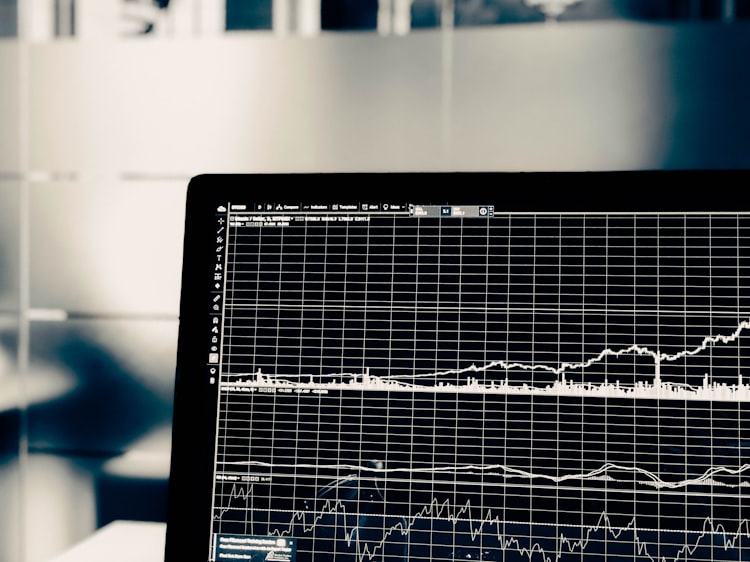Siemens $83 Billion Bet on Cities
The man who transformed cities was destined to be a German farmer.
Werner von Siemens was born into a family of lower-class farmers in what is now Saxony. If young Werner – something of a math and science prodigy – wanted to avoid the harvest-and-hope fate of his father, he needed a way out.
He found it by joining the Prussian Army in 1834. There he underwent extensive training in science, technology, and engineering.
Werner's breakthrough came ten years later and, since 1847, the world has relied on an ever-growing number of Siemens products.
For most of its history, Siemens business was straightforward: it would lay physical infrastructure, then power it.
This approach allowed Siemens to scale across communications, lighting, transportation, and other critical sectors in a multi-generation industrial transformation.
By 2018, Siemens' 380,000 employees were producing $83 billion in revenue.
Then, yesterday, Siemens announced it was cannibalizing its 170-year-old business model.
The industrial giant's CEO, Joe Kaeser, made a startling – yet practical and brave – admission about the company's history and future:
The success of Siemens' businesses of the next generation will be determined by new factors. Breadth, size and a 'one size fits all' approach will be replaced by focus, speed and adaptability. That's how we'll ensure sustainable success of our businesses in the age of the digital Fourth Industrial Revolution, in which these new factors are a crucial to compete
Why, after so long and so much success, would Siemens transform its business?
The answer is, in one word, cities.
Siemens literally powered Cities 1.0, and now it wants to wire Cities 2.0. It is going all-in on two city-centric businesses: Smart Infrastructure, which connects infrastructure to the web, and Digital Industries, which enhances manufacturing with digital tools.
Across these lines flow the next generation of data, commerce, security, healthcare, utility controls, and other billion-person applications.
Siemens 2.0 realized that Super Cities are not waiting for anyone, so it cannibalized its former self before others had the chance.





